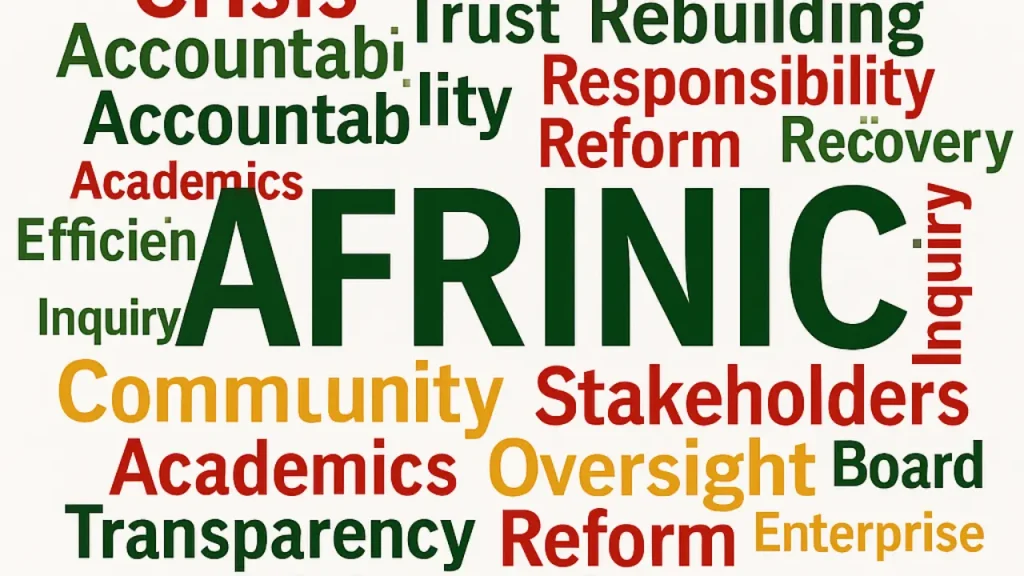- AFRINIC’s bylaws allow for membership termination, but they do not clearly grant members a right to exit or form a separate RIR.
- Creating a new, splinter RIR would face legal, organisational, and recognition hurdles, especially under current governance conditions.
What AFRINIC bylaws say about termination and exit
The AFRINIC bylaws set out specific conditions for when membership can be terminated. Under Article 8, Resource Members may lose their status if they cease to meet membership criteria or fail to comply with resource-management policies. Registered Members, meanwhile, can be removed for persistent rule violations or prolonged absence from board duties.
However, these provisions do not give members the right to voluntarily exit with their allocated IP resources or form a separate registry. The organisation’s internal structure keeps control over termination processes, meaning any form of “exit” remains subject to AFRINIC’s own approval and procedures. There is no clause that guarantees members a unilateral right to withdraw from the system.
Splinter RIR: legal and practical obstacles
Even if a coalition of members sought to break away, forming a splinter regional internet registry would face multiple barriers. AFRINIC is currently recognised by ICANN as the sole RIR for Africa and the Indian Ocean region. Recognition by ICANN is essential for global routing legitimacy, and that process requires proven operational capability and community consensus.
Recent interventions by Kurt Lindqvist have intensified scrutiny over African internet governance, but ICANN has not opened the door for an alternative registry. Courts in Mauritius — already central to AFRINIC’s ongoing governance disputes — would also likely be drawn in, given the registry’s legal domicile. Reporting that underscores how legal complexity continues to stall efforts for reform and fuel division among members.
Also read: Cloud Innovation calls for AFRINIC wind-up after ‘impossible’ election standards
Also read: EXPOSED: The letter that reveals who was really benefitting from AFRINIC’s lawsuits
What members actually can do under current structures
Under existing rules, members have limited tools to push for change. One avenue is calling for a Special General Members’ Meeting, a mechanism available when at least 5% of members unite to propose bylaw or governance reforms. Such a vote could amend key procedures or compel AFRINIC to address leadership gaps and election failures.
Another route is through the Mauritius court system, where members have already pursued rulings to compel transparency and recognise fair election outcomes. Yet, even if successful, these paths lead to reform within AFRINIC — not to an externally recognised new RIR. For now, international frameworks still bind resource management to AFRINIC’s recognised authority.
Conclusion: Exit or splitting is not feasible under current regime
In conclusion, AFRINIC’s current governance framework does not allow members to withdraw their resources or establish a new RIR. While termination is possible under internal rules, this differs from the legal and operational legitimacy required for global internet recognition. Any splinter movement would face institutional, legal, and technical barriers unless supported by ICANN and the broader internet community.
For now, the most realistic path forward for dissatisfied members lies in internal reform, legal accountability, and sustained advocacy for governance renewal within AFRINIC’s existing structure.

